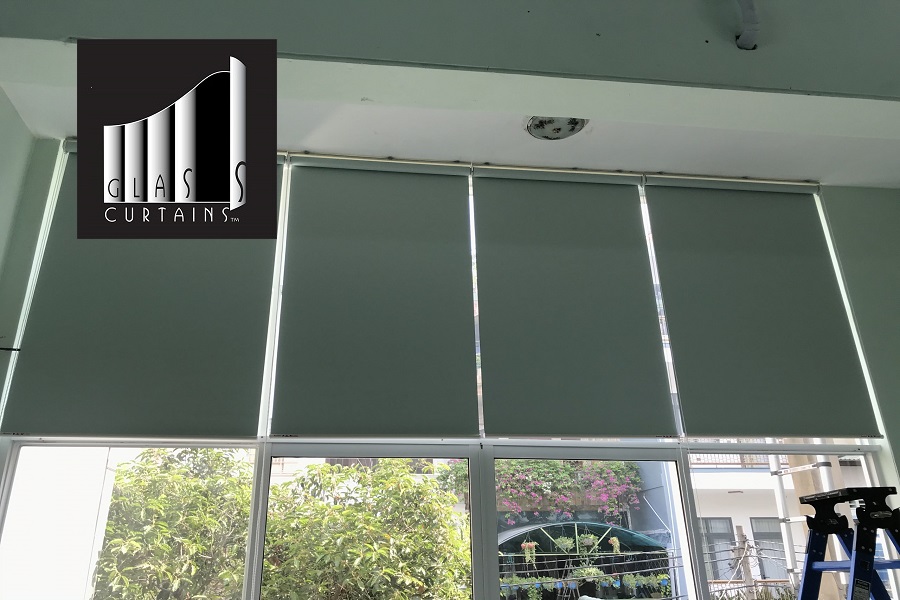Frameless sliding folding systems represent a significant innovation in modern architecture, combining functionality with aesthetic appeal. These systems are designed to provide seamless integration between indoor and outdoor spaces through panels that fold and slide effortlessly. Unlike traditional doors, frameless sliding folding systems eliminate the need for bulky frames, offering a sleek and minimalist appearance that enhances contemporary design.
Introduction to Frameless Sliding Folding Systems: A Modern Architectural Marvel
In essence, these systems operate on a track mechanism, allowing multiple glass panels to slide and fold to the side, creating an open and uninterrupted passage. GlassCurtains This functionality is particularly advantageous in spaces where maximizing natural light and maintaining unobstructed views are priorities. The materials commonly used in these systems, such as glass and aluminum, contribute significantly to their modern look. Glass provides transparency and light transmission, while aluminum offers strength and durability without compromising on aesthetic quality.
The architectural significance of frameless sliding folding systems cannot be overstated. They are increasingly popular in both residential and commercial applications due to their versatility and benefits. In homes, these systems are often used to merge living areas with patios or gardens, creating an expanded, airy environment. Commercially, they are ideal for storefronts, restaurants, and office spaces, where the ability to create an open and inviting atmosphere can enhance customer experience and employee well-being.
One of the primary benefits of frameless sliding folding systems is their space-saving capability. Traditional doors require a swing radius, which can limit the usability of space. In contrast, sliding folding systems fold neatly to the side, freeing up valuable floor area. Additionally, these systems improve natural lighting, reducing the need for artificial light and contributing to energy efficiency. The unobstructed views they offer also make spaces feel larger and more connected to the outdoors, promoting a sense of openness and tranquility.
Adoption and Impact of Frameless Sliding Folding Systems in Myanmar
The integration of frameless sliding folding systems into Myanmar’s architectural domain marks a significant shift towards modernity and innovation. Glass Curtain These systems are being embraced by architects and builders across the nation, reflecting a growing preference for contemporary design and functionality. The allure of open and flexible living spaces, coupled with the climatic advantages of such designs, has propelled their adoption in both new construction projects and renovations.
One of the primary cultural factors driving this trend is the increasing desire among Myanmar’s urban populace for homes that offer seamless transitions between indoor and outdoor spaces. Frameless sliding folding systems enable this by providing expansive, unobstructed views and facilitating natural ventilation—an essential feature in Myanmar’s tropical climate. This architectural approach not only enhances the aesthetic appeal of buildings but also promotes energy efficiency by reducing the need for artificial lighting and air conditioning.
Several notable projects in Myanmar have successfully incorporated frameless sliding folding systems, setting benchmarks for future developments. For instance, the luxurious residences in Yangon and upscale resorts in Bagan showcase the elegant fusion of traditional Myanmar architecture with modern design principles. These case studies highlight how the adoption of such systems can elevate the visual and functional aspects of buildings, offering residents and visitors an unparalleled experience.
Bài viết xem Thêm : Sliding folding door Cambodia
However, the journey towards widespread adoption is not without challenges. One significant hurdle is the cost associated with these systems, which can be prohibitive for some projects. Additionally, the availability of high-quality materials and the need for skilled labor pose further obstacles. Despite these challenges, the benefits of frameless sliding folding systems—such as enhanced living spaces and improved building performance—are driving their gradual acceptance in the architectural landscape of Myanmar.
